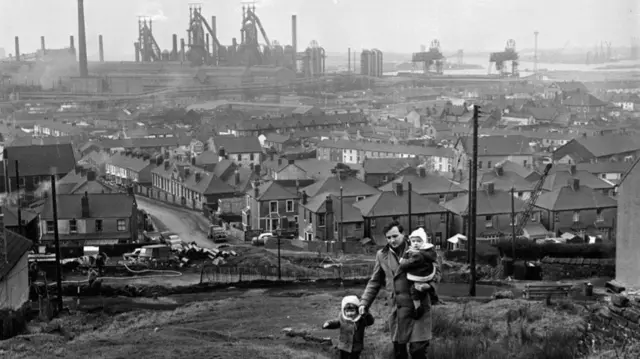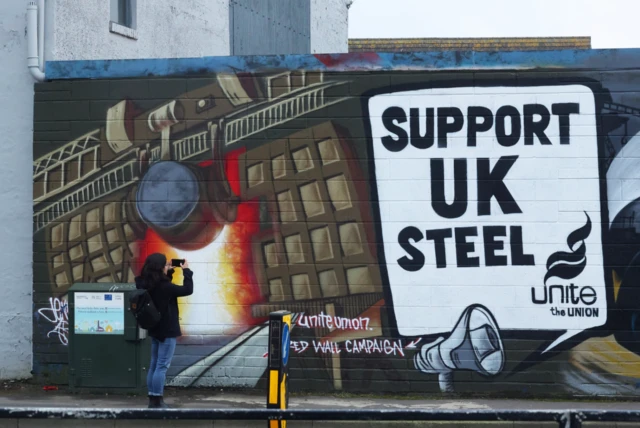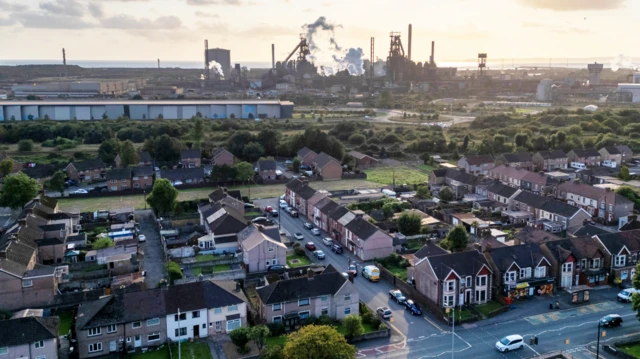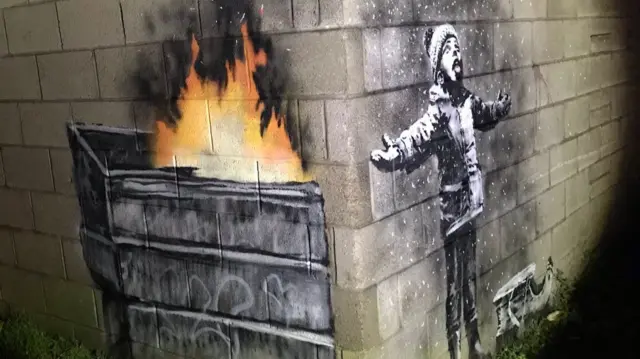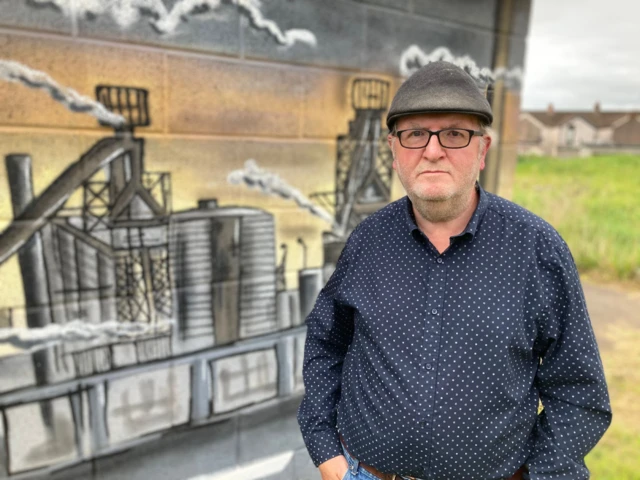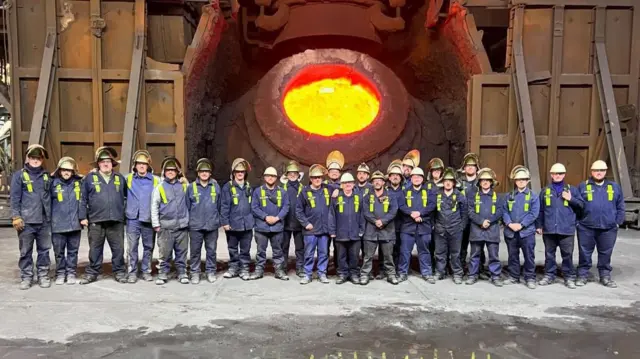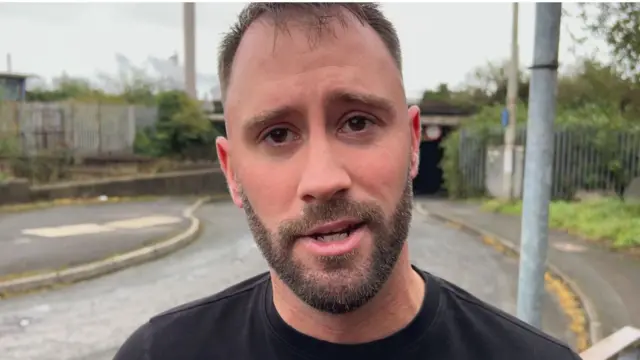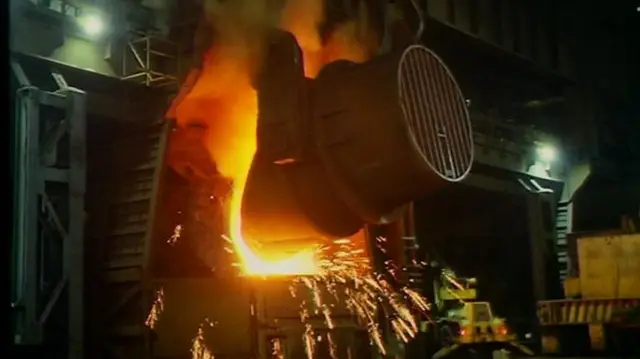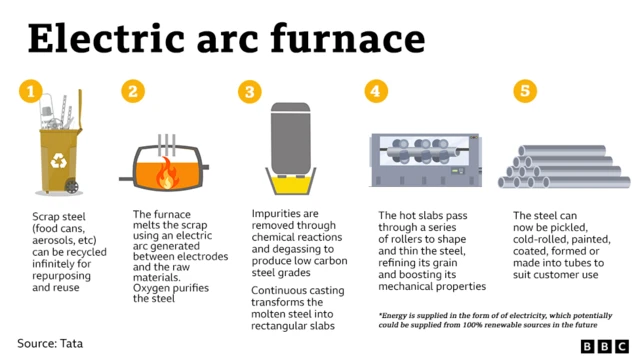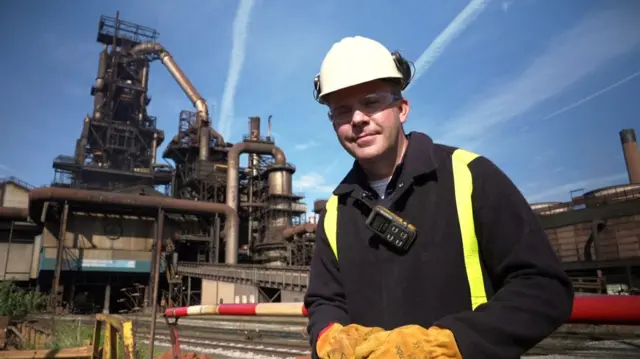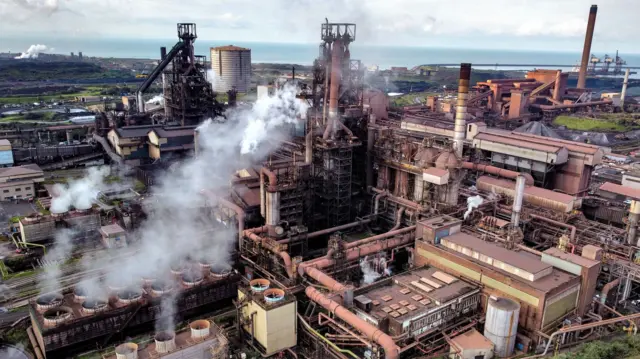Tata 'deeply conscious' of closure's impactpublished at 14:51 BST 30 September 2024
Tata Steel’s chief executive says he is “deeply conscious” of how difficult the closure of the last blast furnace in Port Talbot is.
Rajesh Nair says that during the transition, the company is doing “everything possible to minimise the impact” of the closure, calling today a “significant event in the history of iron and steelmaking in the UK”.
"It is important at this juncture to pause, recognise and credit the huge contribution of the many thousands of people and the technologies that have sustained our industry and communities here for generations,” he adds.
